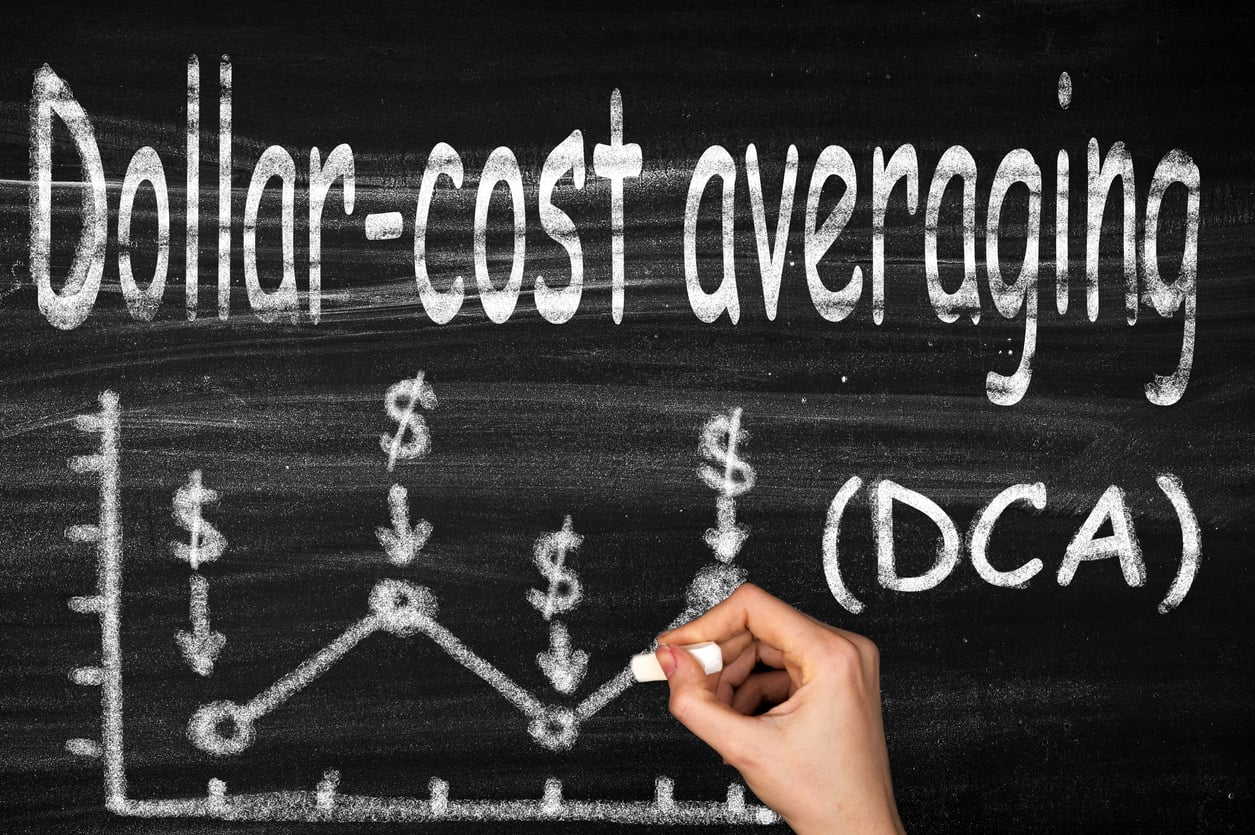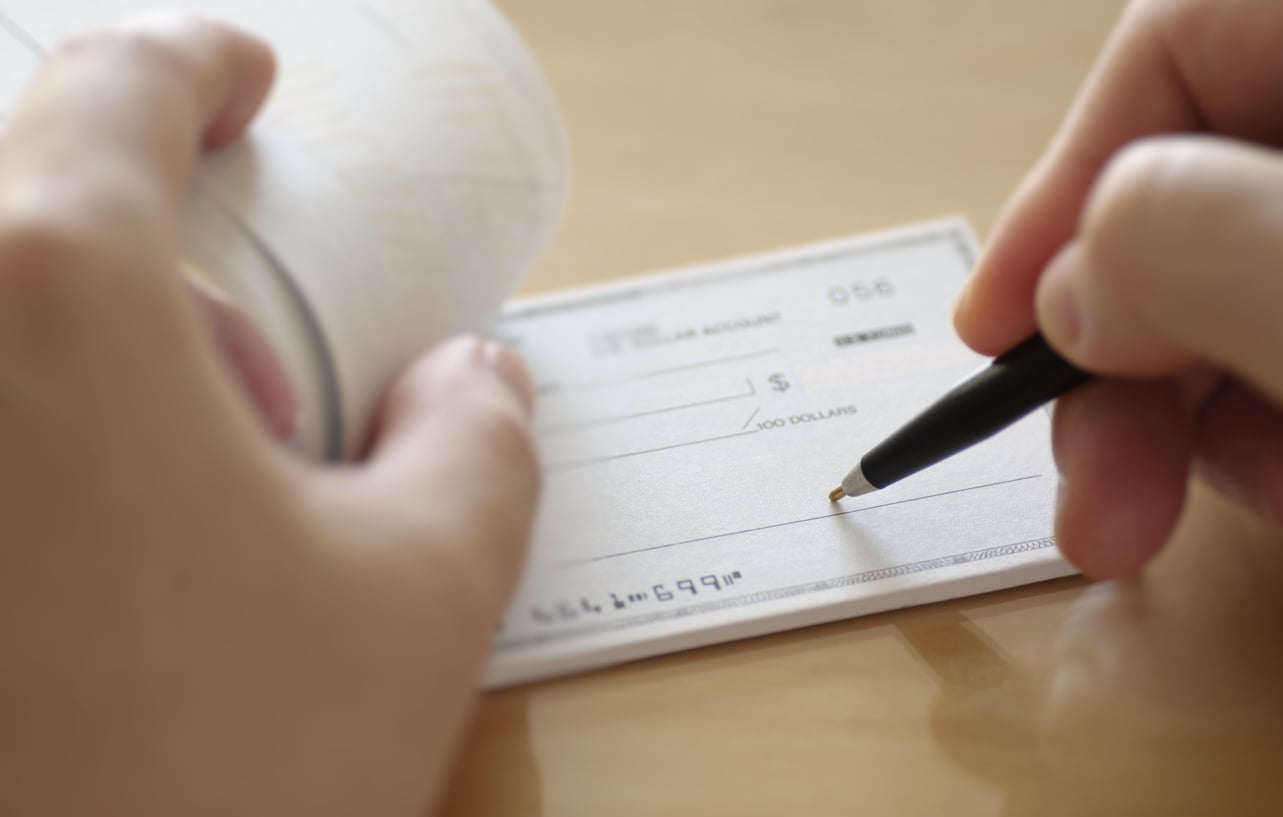Owning a house is an accomplishment that takes quite a while to achieve. Luckily, there are plenty of ways you can make that dream come true, especially nowadays. Purchasing a house with an FHA loan is one of them. You may have previously heard about FHA loans. However, did you know you can use this particular type of loan as a mortgage?
Yep, that’s right. FHA loans give a lot of folks the opportunity to own a home, even if they don’t meet traditional requirements. Whether you have bad credit, little-to-no credit history, or are only able to make a small down payment, an FHA loan might be your ticket to walking across that “Welcome Home” door mat with a smile.
We’ll introduce you to FHA loans, let you know what you need to qualify, and even guide you towards applying for a loan just minutes after you’re finished reading this article. Your dream home — and mortgage — awaits. Let’s get started!
Related Topics (Ads):
FHA Loans vs. Traditional Mortgages
So how exactly does the FHA loan differ from a typical mortgage?
Most people differentiate between the two based on the insurance you pay on the loan. Traditional mortgages often require private mortgage insurance (PMI). According to Investopedia, the cost of PMI “varies depending on the size of the down payment and loan, but typically runs about 0.5 percent to 1 percent of the loan.” That might not seem like much, but even 1% of a $500,000 loan is $5,000. That’s quite a bit of money to pay in just insurance premiums.
Alternatively, FHA loans require a mortgage insurance premium (MIP). Both PMIs and MIPs cover the lender in case of default. However, there are two mortgage insurance premiums you’ll have to pay under an FHA loan. There’s one upfront at the closing of your new home, and then another one you’ll pay “annually for as long as you repay your FHA loan, in most cases.” This means you should leave room for both of these MIPs in your calculations.
In most cases, MIP upfront costs are “equal to 1.75 percent of the loan amount,” according to Bankrate.com. That’s what you’ll need to account for, in addition to annual mortgage insurance premiums, “which are equal to .45 percent to 1.05 percent of the loan amount each year of your loan term.” Besides these insurance premiums, there are different ways you can qualify for an FHA loan. Let’s take a look at those next.
Related Topics (Ads):
Who Qualifies For a FHA Loan?
As we mentioned, those who may not qualify for a conventional mortgages still have a chance with FHA loans. The minimum credit score to qualify is 500. The higher credit score you have, the less you’ll have to put down. In fact, it’s possible to only pay a 3.5% down payment on a property under certain circumstances. However, even those with a small amount of cash on hand and a good credit score will likely qualify.
Another caveat to an FHA loan is that the property you’re attempting to buy “has to meet FHA minimum property requirements.” Remember, applicants for an FHA loan are considered riskier than those who qualify for conventional mortgages. With this in mind, FHA lenders want to insure that their investments are going towards a reputable asset, in the event the loan defaults.
That said, it’s still possible to obtain an FHA loan for a rental property you also occupy:
“You have to choose a multi-unit property—a duplex, triplex, or fourplex—and live in one of the units. The rent from the other units can partially or even fully offset your mortgage payment,” advises TheMortgageReports.com.
Even though your day job might cover the loan payment, you could potentially profit from renting the extra units. This is all possible under an FHA loan.
How to Apply for a FHA Loan
If you like what you see, then get ready for more good news. The application for an FHA loan isn’t much more than a credit application.
For instance, your debt-to-income ratio, savings, investments, and any other financial indicators will be considered. In the event you don’t have much credit history, you can show a lender your financial responsibility in other ways. They might ask for recent bills, pay stubs, or any other documents that could prove how you handle money.
Depending on the type of FHA loan you’re looking for, you’ll need to research what else might be required to qualify. Just make sure you shop around for the best rates. Let lenders know you’re comparing rates. Be sure to read the fine print, as well. With any loan, choosing between various offers could come down to the interest rate, your mortgage insurance premium, closing costs, etc. Don’t limit yourself until you have everything in writing.
The Next Step Towards a New Home
We hope this short guide on FHA loans gets you excited about owning a home. It is an achievable dream you can make happen! Like anything else in life, it’s all about what you know, and then using that knowledge to your advantage. Don’t dismiss your dreams of owning a house simply because you’ll never be able to save a 20% down payment. Other options do exist!
Now that you’re an expert on FHA loans, research the topic a bit more. Then decide if it’s an opportunity you should take advantage of. Speak to an FHA lender and find out what your options are. Your days of renting (or living with your parents) may soon come to an end. It’ll make that “Welcome Home” mat feel that much more special.



